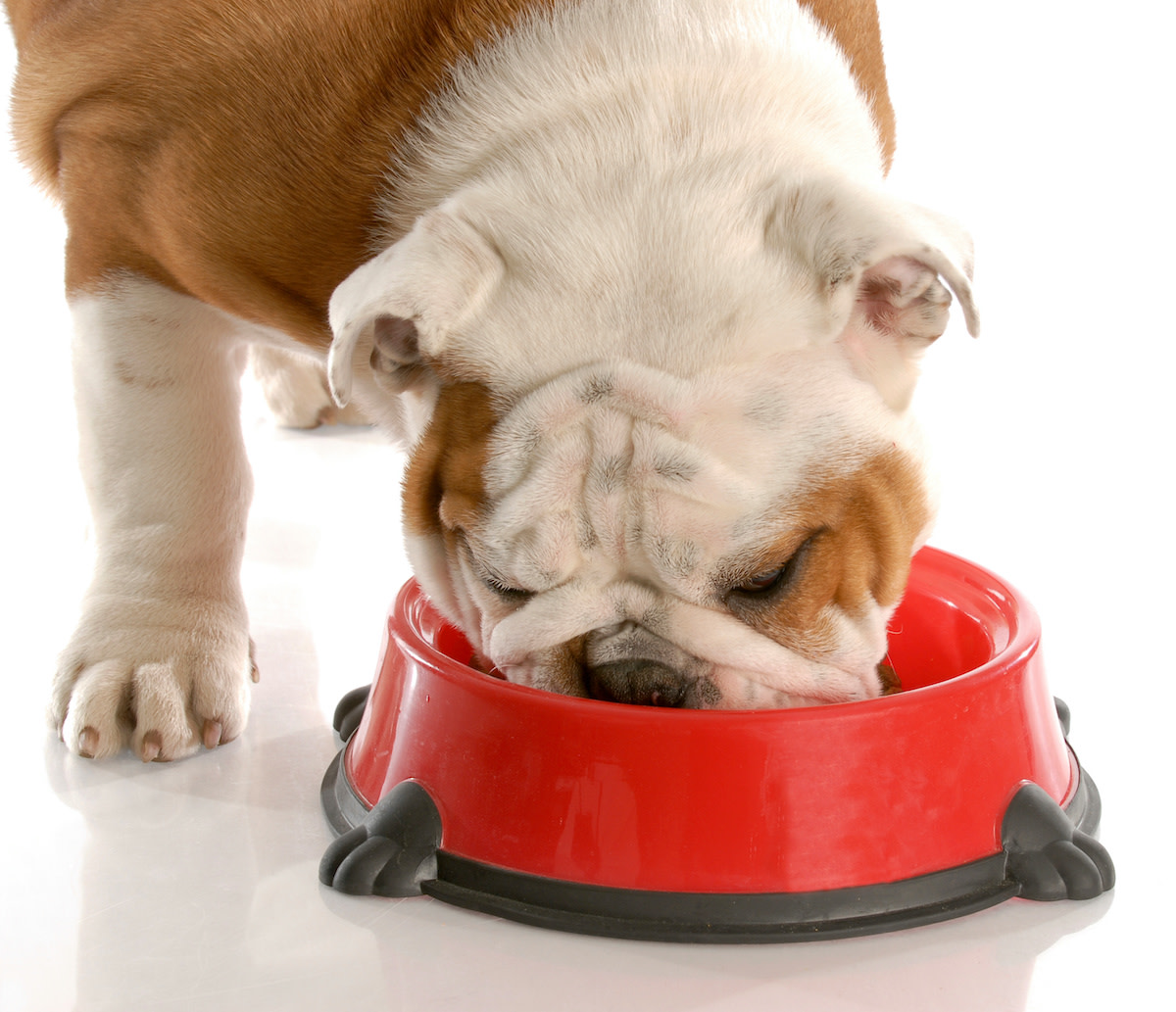Can Dogs Eat Fries? Why French Fries Are Bad for Dogs
Written by MasterClass
Last updated: Apr 6, 2022 • 2 min read
French fries are a popular side dish for hamburgers and other fast food favorites, but they can put your furry best friend at risk of developing several health concerns. Read on to learn how fries can negatively impact your dog’s health.
Learn From the Best
What Are French Fries?
French fries are thin, deep-fried potato slices. Like other fried veggies, fried potatoes take on saltiness and savory flavors due to seasonings and condiments, such as ketchup or other dipping sauces.
People typically fry potatoes and other fried foods in canola oil or vegetable oil until they become brown and crispy. As a cooking method, frying often, therefore, diminishes the nutritional value of a food since oils contribute fat.
Can Dogs Eat Fries?
French fries are bad for dogs. Raw potatoes and sweet potatoes are naturally high in carbohydrates and are, therefore, not good for dogs in large quantities since extra carbs contribute to the storage of excess fat in your pet’s body.
Additionally, the high fat content and many of the common seasonings for french fries could cause your pooch to develop salt poisoning and other serious health problems. It’s advisable to strike fries from your dog’s diet to minimize bad outcomes.
3 Risks of Feeding French Fries to Dogs
Consider these possible health issues that can occur when dogs eat french fries:
- 1. Gastrointestinal upset: It’s unlikely the small, occasional treat of junk food, fast food, or low-nutrition human food will cause more than minor negative responses in your dog’s digestive system; however, for many dog owners, this risk to their companion’s health is still too great to take. Stomach upset, intestinal bloat, and severe reactions like vomiting, diarrhea, and muscle tremors are common signs your dog ate french fries or another salty, unhealthy treat. Monitor your pet if they show these signs of salt poisoning—provide them with plenty of water to counteract the excess salt and contact your vet to discuss next steps.
- 2. Obesity: Eating french fries or other fatty foods high in trans fats will increase your pet’s risk of developing obesity. Canines’ regular dog food or kibble should already meet their caloric and nutritional needs before the addition of treats. Avoid placing your pet in a calorie surplus as a result of frequent unhealthy snacks and little daily exercise—opt for a low-calorie, healthy treat instead and ensure your pet is enjoying an active lifestyle.
- 3. Pancreatitis: Your pooch might be experiencing inflammation of their pancreas, as well as elevated blood pressure, difficulty breathing, and frequent urination. If you suspect your dog has pancreatitis, it would be best to contact your local vet as soon as possible to develop a treatment plan.
Before Sharing With Your Pooch
Certain human foods can cause adverse reactions in canines, so always consult your veterinarian to determine whether it is safe to add these foods to your pet’s diet. This article is for educational and informational purposes and is not a substitute for medical or dietary advice.
Want to Learn More About Training the Goodest Boy or Girl?
Your dream of having a dog who understands words like “sit,” “stay,” “down,” and—crucially— “no” is just a MasterClass Annual Membership away. The only things you’ll need to train up a well-behaved pup are your laptop, a big bag of treats, and our exclusive instructional videos from superstar animal trainer Brandon McMillan.
